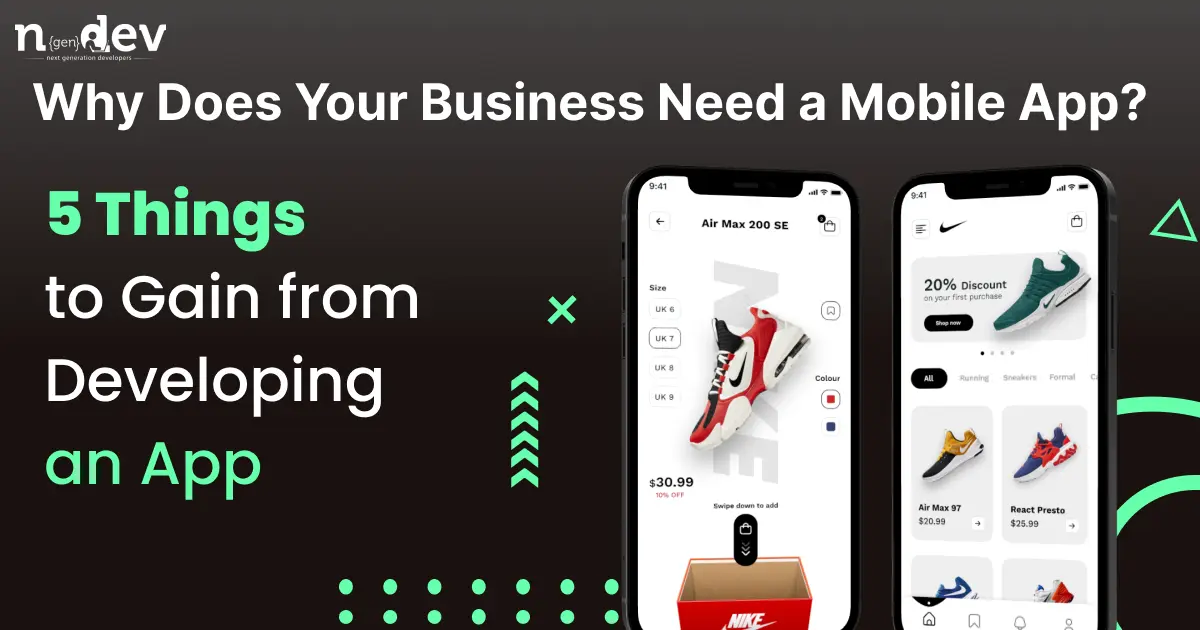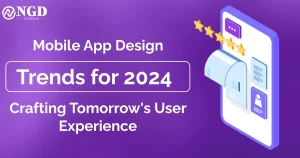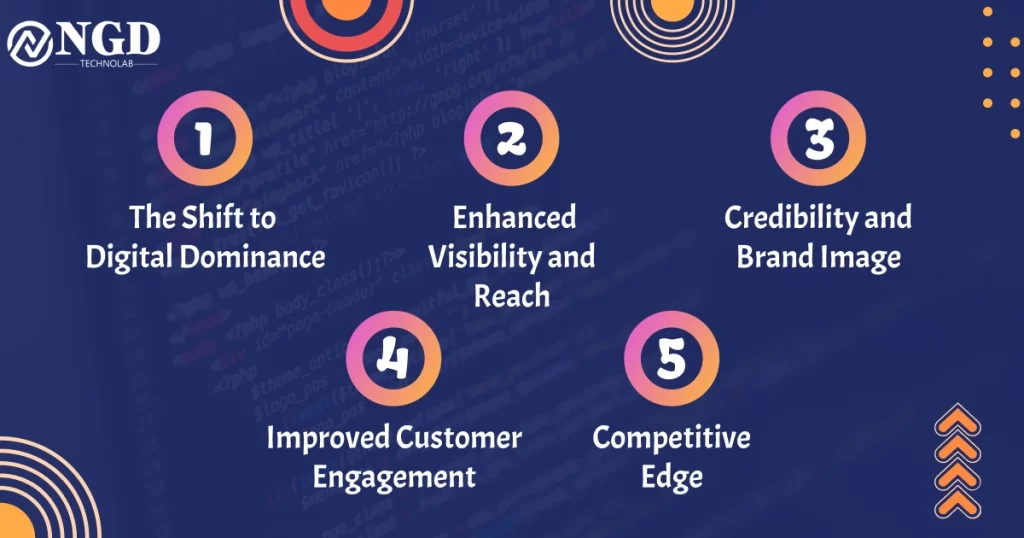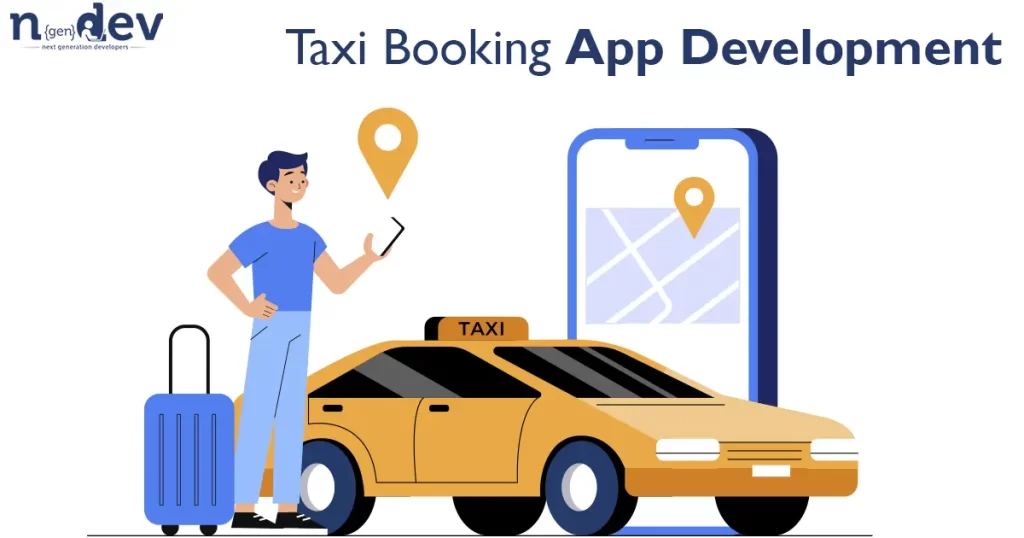Why Does Your Business Need a Mobile App? 5 Things to Gain from Developing an App
-
Harshid Patel

In today’s digital age, businesses are constantly seeking innovative ways to stay competitive and engage with their customers. One such innovation that has become indispensable is mobile app development. If you’re wondering why your business needs a mobile app and what benefits it can bring, you’ve come to the right place. In this comprehensive guide, we’ll explore the key advantages of developing a mobile app for your business and how it can help you thrive in the modern marketplace.
Benefits of Developing a Mobile App
When it comes to synonyms for “enhanced,” think “improved” or “elevated.” A mobile app elevates customer engagement by offering a platform for direct communication. It allows for push notifications, personalized content, and in-app messaging, ensuring that your brand is always on your customer’s radar.
A mobile app significantly increases brand visibility. Synonyms like “prominence” and “recognition” highlight how your brand becomes more prominent in the digital landscape. Apps often feature in app stores, making it easier for potential customers to discover your business.
Streamlining, or optimizing, your business operations is made more accessible with mobile apps. Think of “efficiency” and “simplification” as synonyms that fit well here. Features like inventory management, appointment scheduling, and order processing are all enhanced through the use of mobile applications.
In a crowded marketplace, gaining a competitive edge is paramount. Synonyms like “advantage” or “lead” underscore the importance of staying ahead. Having a well-designed, user-friendly mobile app gives your business the advantage it needs to outperform competitors.
Key Considerations Before App Development
Before delving into the world of app development, it’s crucial to define your app’s purpose. Synonyms like “objective” or “intention” highlight the importance of clarity in your app’s mission. This step helps ensure that your app aligns with your business goals.
Selecting the right approach for app development is a pivotal decision. Synonyms for “approach” include “strategy” and “method.” You must decide whether a native, hybrid, or web app aligns with your goals and budget.
Synonyms like “financial planning” and “cost assessment” emphasize the need to budget accurately for app development. It’s essential to consider the development and maintenance costs, as well as any unexpected expenses that might arise.
Monetizing your app is a crucial consideration. Synonyms like “profit-making” and “revenue generation” underscore the significance of establishing a sustainable revenue model for your app. This can include in-app purchases, subscription plans, or ad revenue.
The App Development Process
Conceptualizing your app involves generating ideas and creating a plan for development. Synonyms for “conceptualization” include “ideation” and “conception.” This phase sets the direction for your app’s development.
The design phase focuses on the app’s visual appeal and user experience. Synonyms like “user interface (UI) design” and “user-friendly” highlight the significance of creating an intuitive and visually pleasing app.
Development and testing go hand in hand. Synonyms like “coding” and “quality assurance” underscore the importance of a smooth development process and rigorous testing to ensure a bug-free app.
Launching your app is a milestone. Synonyms like “introduction” and “release” reflect the significance of this event. Effective marketing is essential to attract users, and various strategies, such as app store optimization and social media promotion, play a vital role.
Conclusion
In conclusion, developing a mobile app for your business is no longer a luxury; it’s a necessity in the digital age. The advantages of creating an app include increased visibility, enhanced user engagement, streamlined customer communication, and a competitive advantage. To succeed in the mobile app world, it’s essential to set clear objectives, choose the right platform, focus on design and development, and rigorously test your app before deployment. By following these steps, your business can thrive in today’s competitive market.
Frequently Asked Questions
Absolutely. Small businesses can gain significant advantages from mobile apps, including increased customer engagement, brand recognition, and a competitive edge.
The cost of app development varies based on factors like complexity, features, and platform. It’s essential to work with a professional app development team to get an accurate estimate for your specific project.
Yes, app updates are common and necessary to fix bugs, enhance features, and adapt to changing user needs. Most app stores allow for regular updates.
The timeline varies based on the app’s complexity, but it can take several months from planning to deployment. It’s crucial to set realistic expectations and allow for proper testing and refinement.
Get Free consultation and let us know about your custom web and Mobile App project idea

Over 13+ years of work experience, we have built 210+ web and mobile apps
We can help you with
- Dedicated Developer
- delivering high-quality development
- Custom Mobile App Development
- Innovative Solution For Startups and Enterprise
Get Free consultation and let us know about your custom web and Mobile App project idea

Over 10 years of work experience, we have built 210+ web and mobile apps
We can help you with
- Dedicated Developer
- delivering high-quality development
- Custom Mobile App Development
- Innovative Solution For Startups and Enterprise
Latest Blogs
Explore the Latest Blogs on Trends and Technology.




